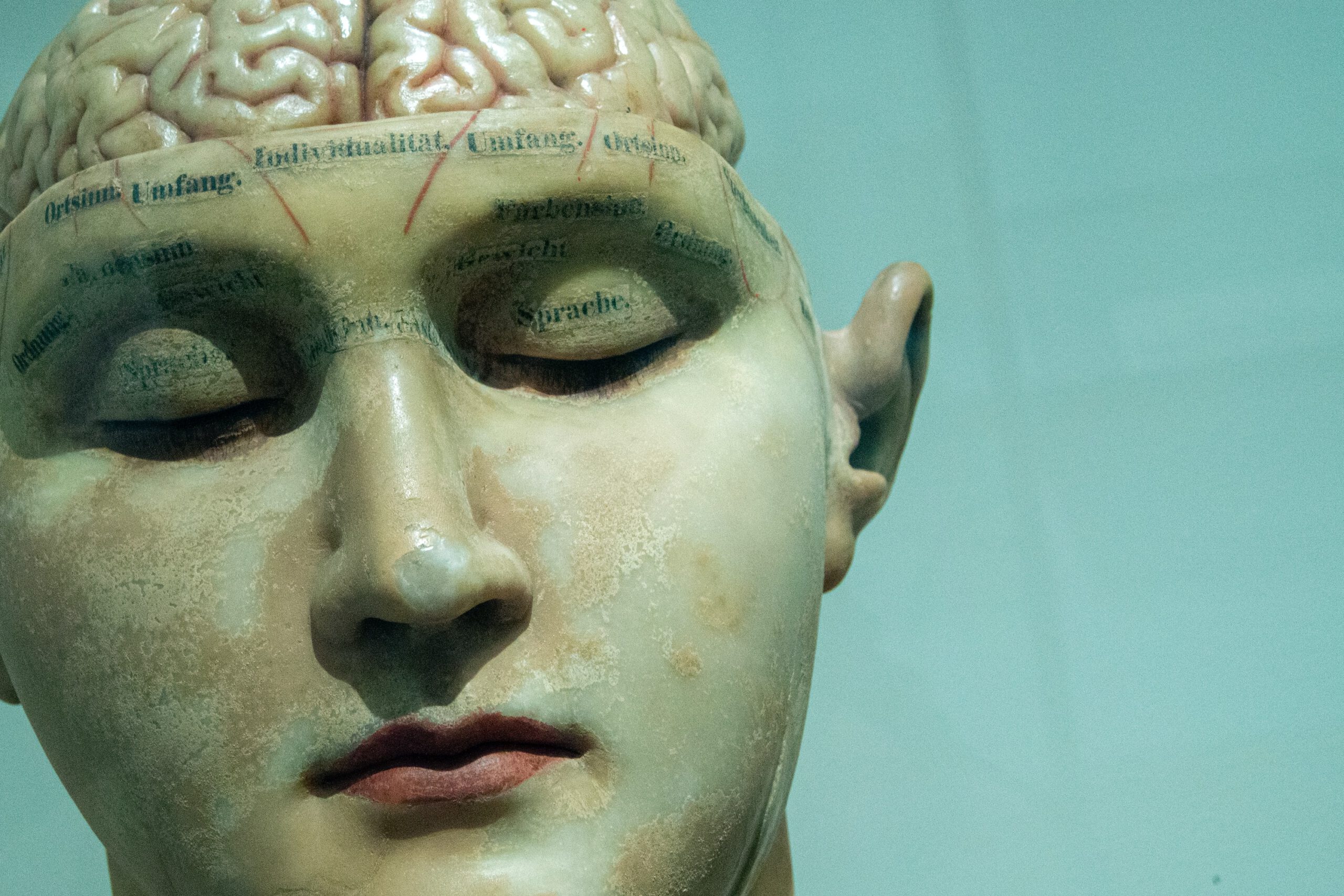
When you get really sick and one of your organs can’t do its job anymore, one medical technique is to have a transplantation. This is often the case with kidneys and livers, but you can also get a new lung or even a heart. As there are many illnesses affecting the brain, one might wish for brain transplants as well, but as for now they only appear in science fiction stories. However, new research shows there might be another way.
In recent years the connection between brain and gut has become more and more prominent in research, and scientists all over the world have started to realize how one affects the other. One study even calls the gut the “Chamber of Secrets”, referring to the second Harry Potter book by JK Rowling. And with hundreds of millions of bacteria living there, influencing a lot more than just your digestion, it really still is a big mystery.
Introducing: Poop transplant
As brain transplants are currently out of the picture, scientists have thought about a less invasive way to still help with psychiatric and neurological diseases: poop transplants, or fecal microbiota transplantations (FMT) as they are called officially. The idea behind is that through the transplanted poop, healthy gut bacteria from the donor inhabit the gut of the recipient, thereby improving gut functioning, and through that also other organs such as the brain. This procedure is already sometimes used for patients with severe intestinal problems such as inflammatory bowel disease. The question is: can FMT also relieve psychiatric symptoms?
A systematic review published by Canadian researchers summarizes the results of currently existing studies on FMT and psychiatric illnesses. They report the relieve of symptoms when transferring microbiota from healthy donors to ill recipients, both in terms of improved gut conditions and reduction of depression and anxiety symptoms. Furthermore, they summarize findings from several studies that transplanted fecal microbiota from ill humans to healthy mice, which then showed depression-, anxiety- and compulsivity-like behaviors.
Why choose FMT over medication?
The benefits of FMT seem to last for around three to six months, which in comparison to daily intake of psychotropic medication would clearly be a treatment advantage. Symptoms improved rather quickly after treatment. Furthermore, drugs such as antidepressants often come with a number of side effects, while as of right now only few side effects have been observed when performing FMT. Accordingly, the authors of the review concluded that fecal microbiota transplantation might even challenge the current treatment options because of its efficacy and safety in the future.
It needs to be remembered, though, that as of right now only studies with very small sample sizes have been performed, and most of these with patients who had severe intestinal problems such as inflammatory bowel disease. Mental health symptoms might therefore also have improved as patients were relieved from their intestinal pain. To really assess all benefits and risk of this new and promising procedure for improving mental health, large clinical trials need to be conducted. Furthermore, not all healthy individuals possess the same gut microbiome. Even among those with no overt diseases the variation in intestinal microflora is great. This makes it difficult to define what microbiota is “best” to use when performing FMT.
How does it work?
Researchers do not yet fully understand how FMT can lead to these changes in brain functioning, but they name several hypotheses on the matter. One focuses on serotonin, a neurotransmitter that many people know to be connected to depression. Interestingly, about 90% of serotonin are produced in the digestive tract by so called enterochromaffin cells. And these cells’ functioning has been found to be influenced by gut microbiome changes. Therefore, changing the microbiome alters the levels of available serotonin in the human body as well.
Another hypothesis concerns the vagus nerve, the tenth cranial nerve. It is the longest nerve of the autonomic nervous system and has partial control of heart, lungs and digestive tract. In addition to these efferent fibers sending information from the brain to the mentioned organs, the vagus nerve also has afferent fibers that are affected by metabolites of our microbiota and take that information back to the central nervous system – thus influencing brain functioning and psychiatric symptoms.
More research has to be done to fully understand these processes, but they offer exciting new treatment possibilities already. Be sure to also read our blog posts about the use of FMT in patients with autism and Alzheimer’s disease for more insight.
Sources:
Chinna Meyyappan A, Forth E, Wallace CJK, Milev R. Effect of fecal microbiota transplant on symptoms of psychiatric disorders: a systematic review. BMC Psychiatry. 2020 Jun 15;20(1):299. doi: 10.1186/s12888-020-02654-5. PMID: 32539741; PMCID: PMC7294648.
Cussotto S, Clarke G, Dinan TG, Cryan JF. Psychotropics and the microbiome: a chamber of secrets …. Psychopharmacology. 2019;236(5): 1411–32 https://doi.org/10.1007/s00213-019-5185-8.
Further Reading
